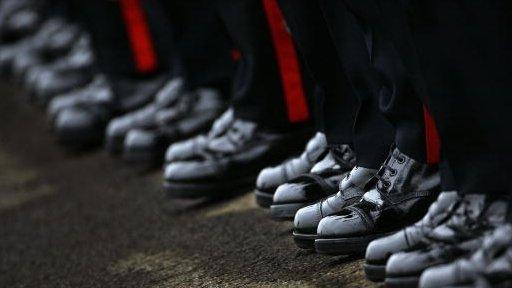Ministry of Defence 'failing taxpayers' by wasting £13bn, Labour says
- Published
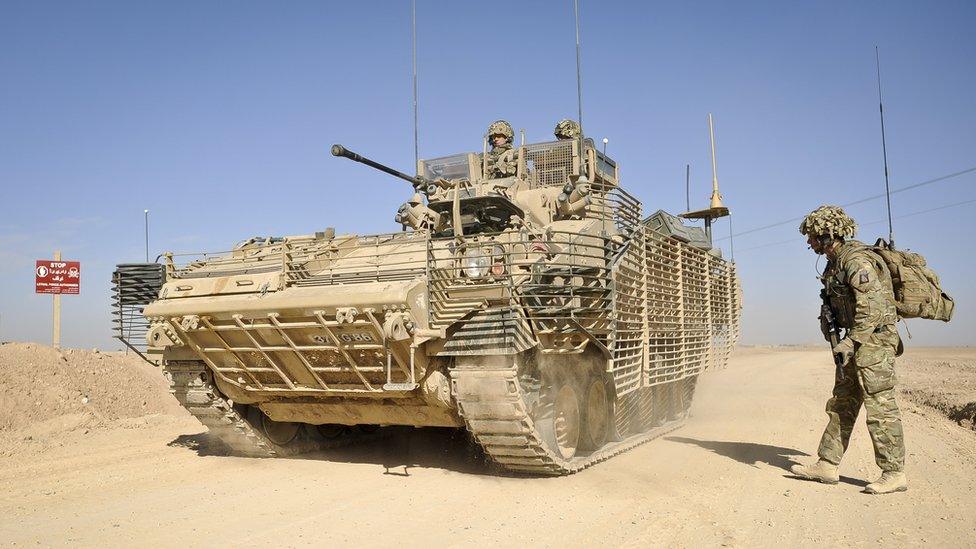
Scrapping plans to upgrade the Warrior armoured vehicle wasted £595m, the report says
Labour has accused the Ministry of Defence of "wasting" £13bn of taxpayers' money since 2010.
The party used independently-collated data to identify 67 cases of "waste" - which it defines as when costs could have been reasonably avoided or reduced by better management.
These include cancelled contracts and programmes that went over budget.
The MoD said it had to take "tough decisions" to ensure the country was fully equipped to face threats.
But Labour said its audit of the department's finances showed ministers were "failing British troops and British taxpayers".
The MoD has an annual budget of more than £40bn a year - with nearly half that money spent on equipment. It manages a fifth of all the government's major projects.
However, so far none of its 36 major projects is rated green - defined as the project being on time and within the original budget.
Labour's report examined all MoD spending since 2010, covering the years of the Conservative and Liberal Democrat coaltion and then the Cameron, May and Johnson-led governments.
It said that the "wasted" £13bn included £4.8bn was from cancelled contracts and £5.6bn of overspending on existing projects.
Many of the examples over the years have already been highlighted by the National Audit Office and the Commons Public Accounts Committee.
The report gives several examples of projects which have already gone significantly over budget, including:
an extra £1bn on building a new nuclear warhead manufacturing facility at Burghfield near Reading, which is already 76 months behind schedule
building seven Astute Class attack submarines, which is costing £1bn more than originally planned
the RAF's fleet of new Protector drones is already £325m over budget and 28 months late
Cancelled projects have also cost the MoD millions of pounds.
They include the loss of £595m after it scrapped plans to upgrade the Warrior armoured vehicle.
Some £4m was lost on a new IT system which was abandoned. According to the MoD "the project was paused while other options were investigated and it was ultimately decided not to pursue the project further due to the rapid pace and change in technology".
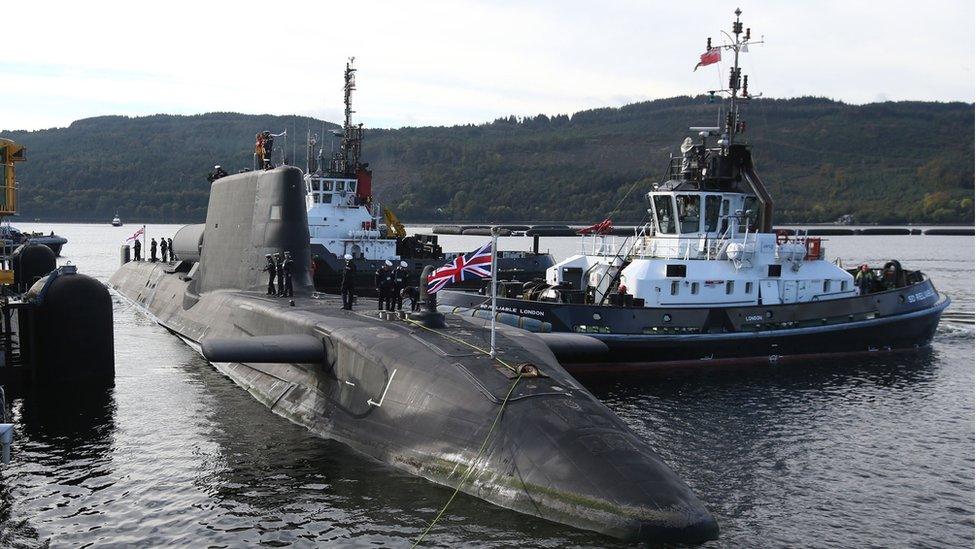
Plans to build seven Astute Class attack submarines have gone over budget
The MoD has also scrapped or sold off some equipment earlier than originally planned.
Hundreds of armoured vehicles, purchased for the wars in Iraq and Afghanistan, have been disposed of. MoD accounts valued the "write-off" at £213m.
The MoD has been fined £32.6m by the Treasury for breaching its own accounting rules. The Department of Health is the only other government department to have been fined.
Labour suggested the money lost could have paid for more tanks, aircraft and warships - and avoided some of the cuts announced in the recent Integrated Defence Review.
Shadow defence secretary John Healey warned that "without a revolution" in the way the MoD controls costs there is a "serious risk that extra funding for defence will be swallowed by a black hole" in its finances.
He said a Labour government would make reform of the MoD a priority - first by commissioning a National Audit Office investigation into waste and then by making the MoD the first department subject to a new "Office for Value of Money".
However, BBC defence correspondent Jonathan Beale said that, in reality, successive governments of all political persuasions have struggled to control defence spending.
And the last Labour government was itself accused by the Conservatives opposition of creating a £40bn "black hole" in the MoD's budget, which led to significant defence cuts in 2010.
An MoD statement said: "This government is serious about investing in defence modernisation to ensure the UK armed forces have the relevant capabilities to face today's threats. That means taking tough decisions to replace old equipment and halt programmes that no longer fit requirements.
"The government has provided £24bn extra investment, with a fully-funded equipment plan alongside a new Defence and Security Industrial Strategy to maximise the benefits of investments for both the armed forces and UK prosperity."
Related topics
- Published3 June 2021
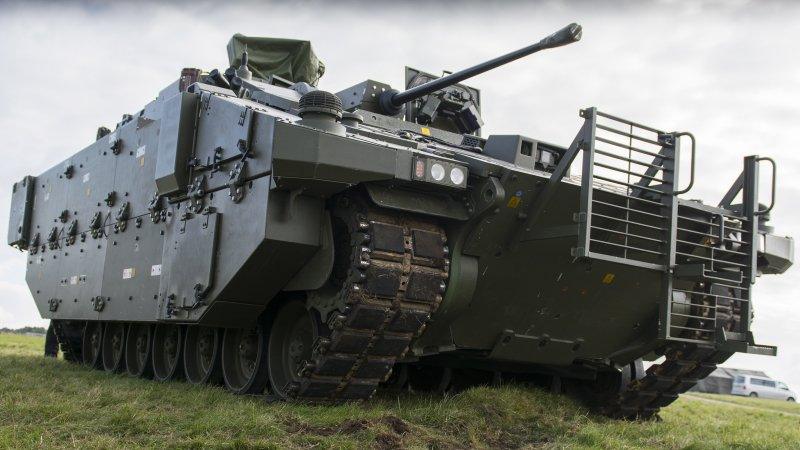
- Published4 November 2021
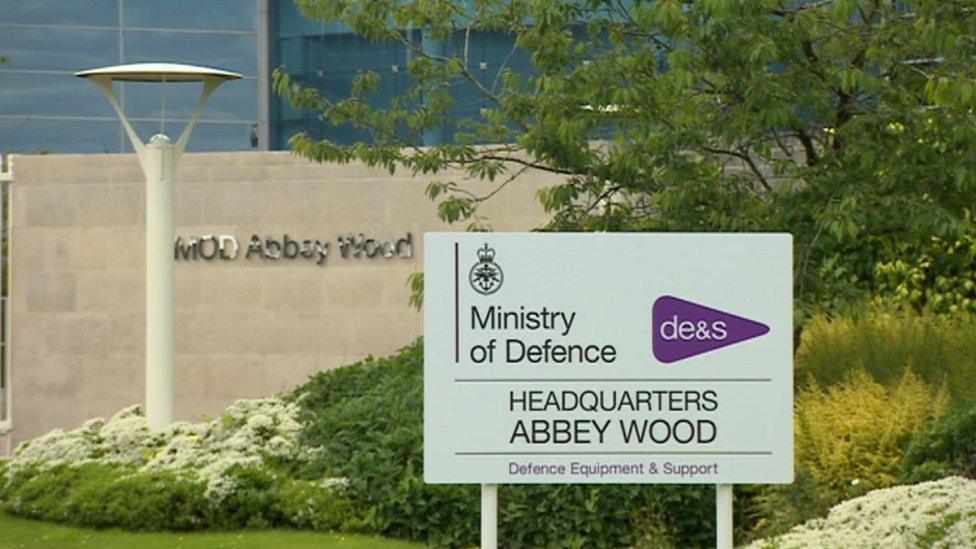
- Published28 February 2013
